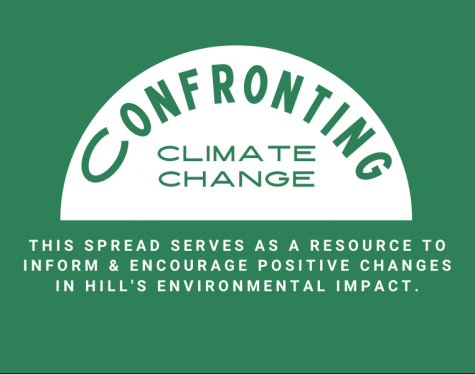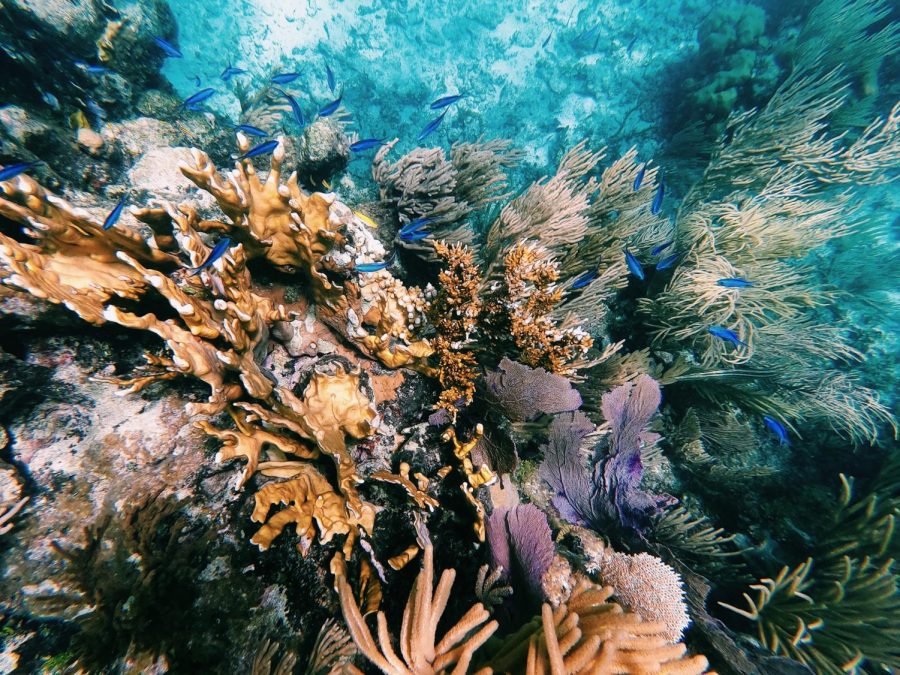You should want to save the reefs
Coral reefs are the breeding grounds of the ocean. They may make up only a small 1% of the ocean’s span, but they are home to

a quarter of all marine species. Much of the next generation of marine life resides in coral reefs because of the abundant food supply and natural protection against large predators. These natural nurseries are made up of coral polyps, beautiful structures supported by their skeletons of calcium carbonate, that attach to the shallow seafloor. Corals also have a symbiotic relationship with zooxanthellae, a type of algae that supplies the coral food in return for a safe home.
However, in light of global warming, the general temperature of the ocean is getting warmer. The exponential increase in greenhouse gas emissions over the past three decades has caused slight increases in oceanic temperature. These rising temperatures have caused the zooxanthellae to break away from many coral polyps, leaving them colorless and without a source of food. Once this happens to enough corals, abundances of marine life sustained by the polyps will leave to find a new place to raise their young, leaving the bleached polyps to turn black and die. This cycle of warming and starvation will continue to persist in coral reefs and amongst marine wildlife as emissions continue to sustain and increase.
In the past 25 years, there have been three global bleaching events, meaning that coral reefs all around the world have experienced a mass number of their corals dying. Coral reefs have existed for 25 million years; however, within three decades our anthropomorphic impact has wiped out over 50% of preexisting reefs. I had the great privilege to see one of the (now few) healthy coral reefs during my time at the Island School in Eleuthera, Bahamas. I was also able to see how much bigger the coral reef I explored used to be. If global emissions are allowed to continue at the rate they are at now, oceanic temperatures will continue to rise, and coral reefs might become a thing of the past.
This is why we need to cut down on our gas emissions and work towards a more sustainable future. Coral reefs are a vital part of the natural world that we have taken advantage of and ignored for far too long. This is why we need to save the reefs. This is why we can’t keep destroying our marine environment and expecting there to be no consequences.
























